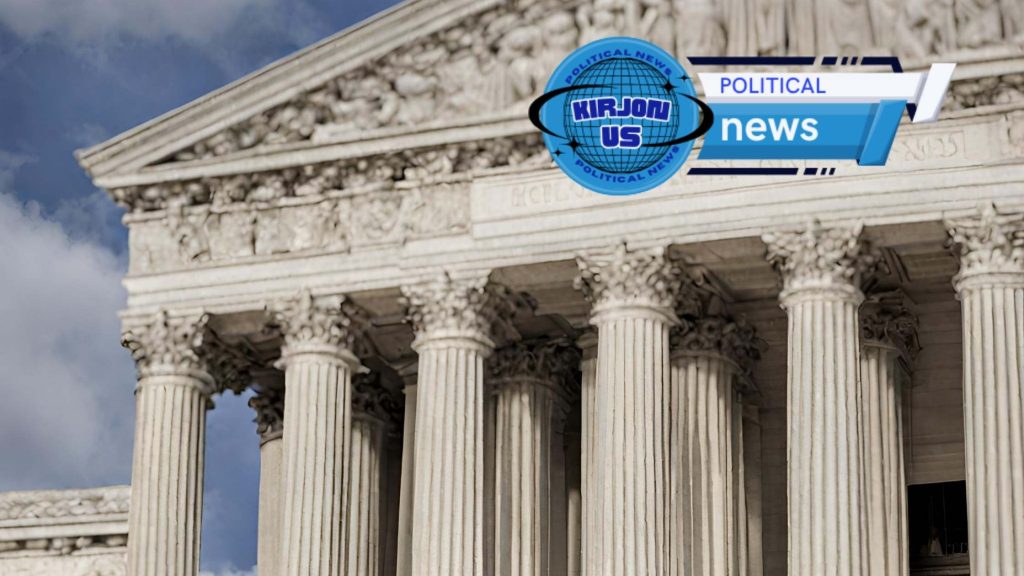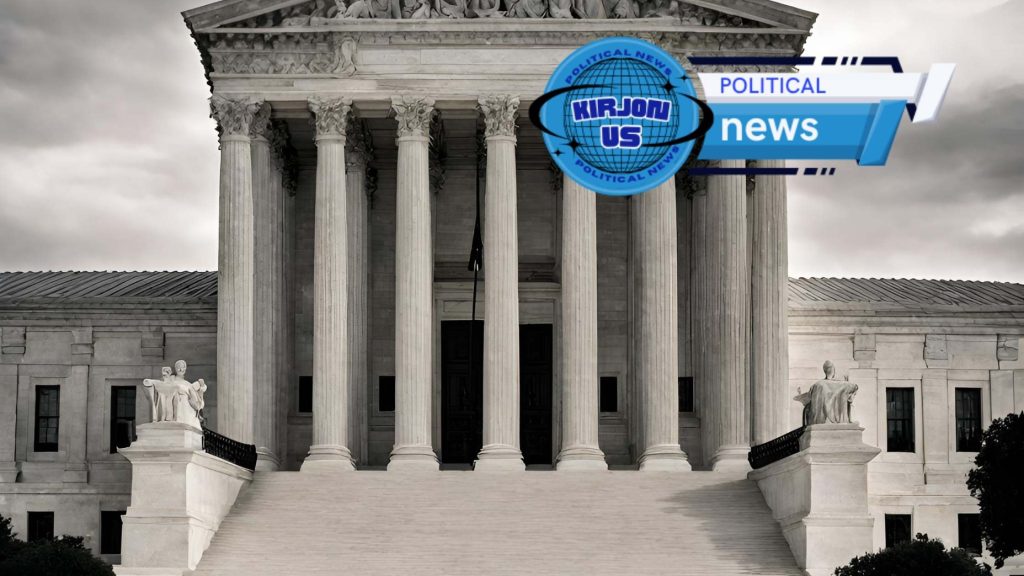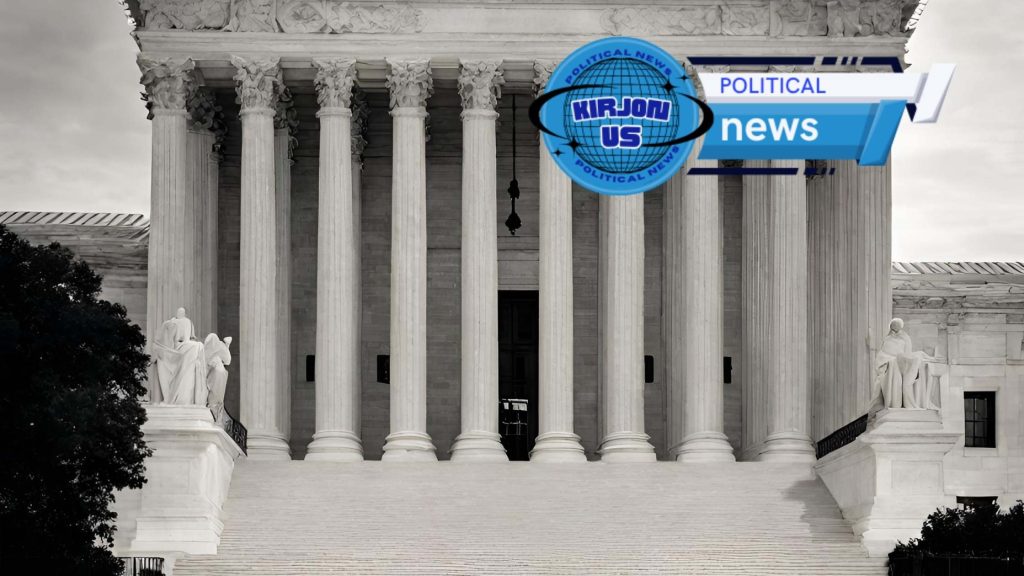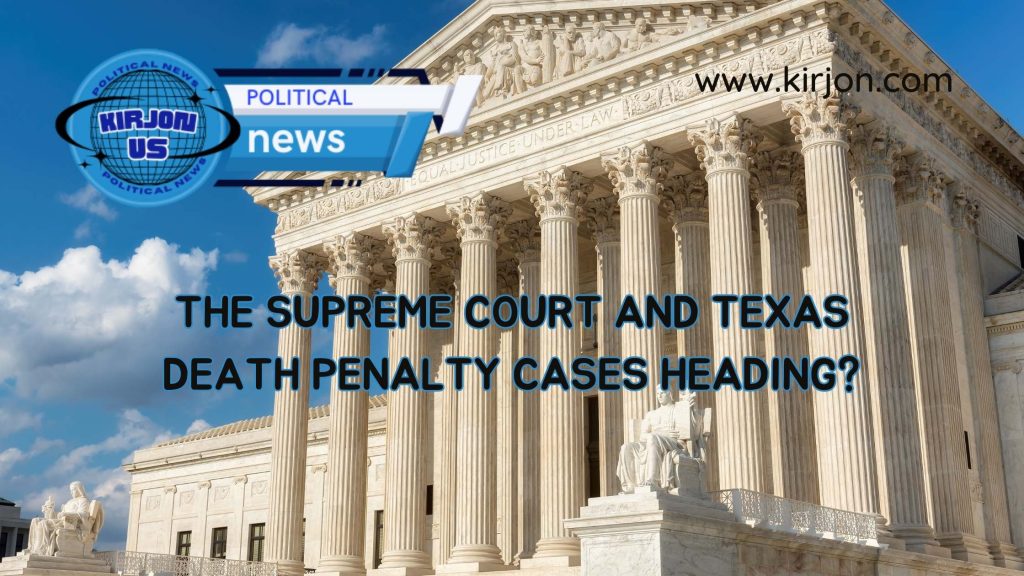In the intricate landscape of American jurisprudence, few arenas evoke as much debate and contention as the realm of death penalty cases. Within this arena, the interplay between state and federal jurisdiction often dictates the course of justice, with each entity wielding its own authority and interpretation of legal precedent. At the heart of this complex web lies a recent clash between the Texas Court of Criminal Appeals and the United States Supreme Court, shedding light on the delicate balance of power and the enduring struggle for legal supremacy.
The Texas Concession: A Turning Point in Legal Proceedings

Last year, the Supreme Court intervened in Escobar’s case following a rare acknowledgment of error from a Texas prosecutor. This admission, a remarkable departure from the norm, prompted the Supreme Court to direct the Texas Court of Criminal Appeals to reexamine the case in light of these revelations. However, what followed was not compliance but defiance, as the state court opted to chart its own course rather than heed the directives from the highest judicial authority in the nation.
A Pattern of Resistance: The Texas Court’s Strained Relationship with Precedent
The Texas Court of Criminal Appeals has garnered a reputation for its reluctance to adhere strictly to Supreme Court rulings, viewing them more as suggestive rather than binding. Legal scholars have pointed to numerous instances where the court diverged from established precedent, necessitating repeated interventions from the Supreme Court to reaffirm federal jurisdiction. This pattern of resistance underscores a broader conflict between state autonomy and federal oversight, a tension that lies at the heart of the American legal system.
Escobar’s Legal Odyssey: Echoes of Past Struggles

Escobar’s case serves as a microcosm of broader legal battles between state and federal courts, particularly in matters concerning capital punishment. Echoes of past struggles, such as the Bobby J. Moore case, reverberate through Escobar’s legal odyssey, highlighting a recurring pattern where the Texas court’s decisions have been at odds with federal mandates, prompting rebuke from the highest judicial body in the land. This cyclical confrontation underscores the enduring struggle to reconcile divergent interpretations of justice within the framework of the American judicial system.
The Supreme Court’s Dilemma: Balancing State Autonomy with Federal Oversight
As Escobar’s case once again lands on the Supreme Court’s docket, the justices face a pivotal decision regarding the weight afforded to state court decisions in capital cases. The court’s forthcoming ruling carries profound implications, not only for Escobar but for the broader landscape of American jurisprudence. At its core lies a fundamental dilemma: how to balance the principles of state autonomy with the imperative of federal oversight, ensuring uniformity and coherence in the administration of justice across the nation.
Implications Beyond Escobar: Setting Precedent for Future Challenges

Beyond the immediate ramifications for Escobar, the Supreme Court’s ruling holds broader implications for the legal landscape. By addressing the balance of power between state and federal courts, the decision in Escobar’s case will serve as a benchmark for navigating similar conflicts in the future. It will shape the contours of legal precedent and define the parameters of state-federal relations in matters of criminal justice, laying the groundwork for a more coherent and equitable judicial system.
Conclusion
In the crucible of death penalty cases, where the stakes are highest and the tensions most pronounced, the clash between the Texas Court of Criminal Appeals and the Supreme Court epitomizes the complexities inherent in navigating the intersection of state and federal jurisdiction. As the legal saga of Areli Escobar unfolds, it serves as a poignant reminder of the enduring struggle to reconcile divergent interpretations of justice within the framework of the American legal system. In this ongoing saga, the quest for legal supremacy continues unabated, shaping the course of justice for generations to come.
FAQs
1. What is the significance of the recent clash between the Texas Court of Criminal Appeals and the United States Supreme Court?
The recent clash between these two judicial bodies underscores the broader tensions between state and federal jurisdiction, particularly in cases involving capital punishment. It highlights the challenges of reconciling divergent interpretations of legal precedent and the struggle for legal supremacy within the American judicial system.
2. Why did the Texas Court of Criminal Appeals defy the directives from the Supreme Court in Areli Escobar’s case?
The Texas Court of Criminal Appeals has a history of resistance to strictly adhering to Supreme Court rulings, often viewing them as suggestive rather than binding. In Escobar’s case, despite the Supreme Court’s intervention prompted by a rare acknowledgment of error from a Texas prosecutor, the state court opted to assert its own authority, sparking controversy and legal debate.
3. How does Escobar’s case reflect broader patterns in the American legal system?
Escobar’s case mirrors past struggles between state and federal courts, particularly in matters concerning capital punishment. Similar instances, such as the Bobby J. Moore case, demonstrate a recurring pattern where the Texas court’s decisions diverge from federal mandates, prompting intervention and rebuke from the Supreme Court. These conflicts underscore the enduring tension between state autonomy and federal oversight within the American legal framework.
4. What are the implications of the Supreme Court’s forthcoming ruling in Escobar’s case?
The Supreme Court’s ruling in Escobar’s case will have far-reaching implications for the American legal landscape. It will shape the balance of power between state and federal courts, define the parameters of legal precedent, and establish guidelines for state-federal relations in matters of criminal justice. The decision will serve as a benchmark for navigating similar conflicts in the future, shaping the course of justice for generations to come.
5. How does Escobar’s case contribute to ongoing discussions surrounding the death penalty?
Escobar’s case adds to the ongoing discourse surrounding the death penalty, highlighting issues of procedural fairness, judicial oversight, and the reliability of evidence in capital cases. It prompts reflection on the complexities and challenges inherent in administering justice in cases where the ultimate penalty is at stake, stimulating broader conversations about the efficacy and morality of the death penalty in contemporary society.







